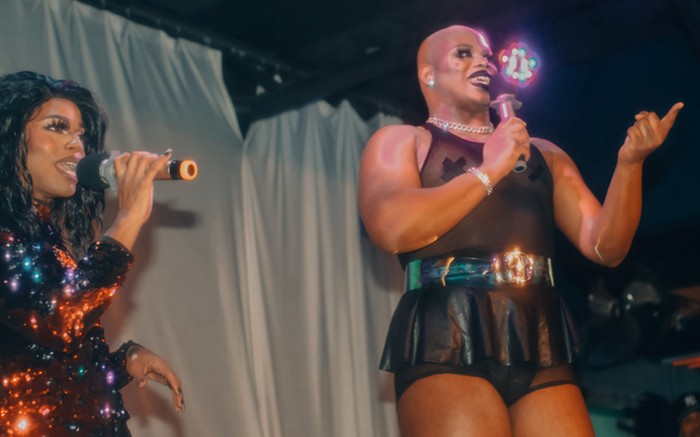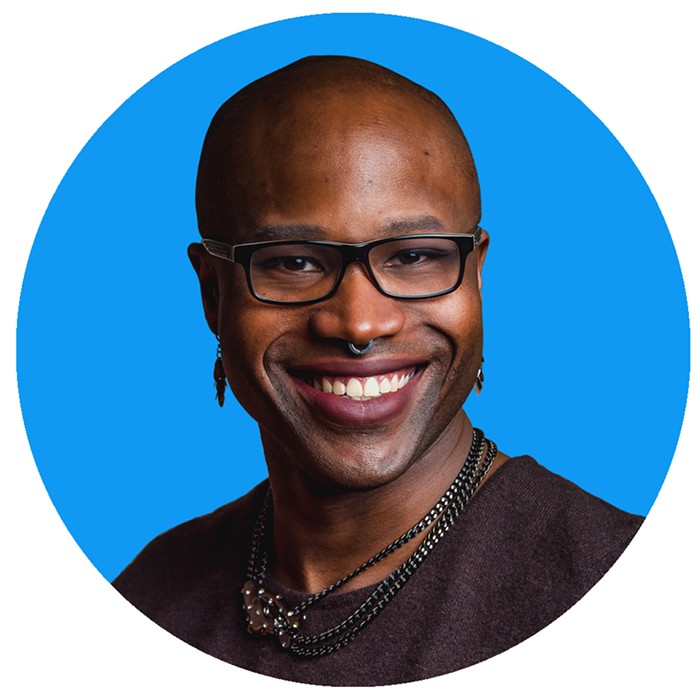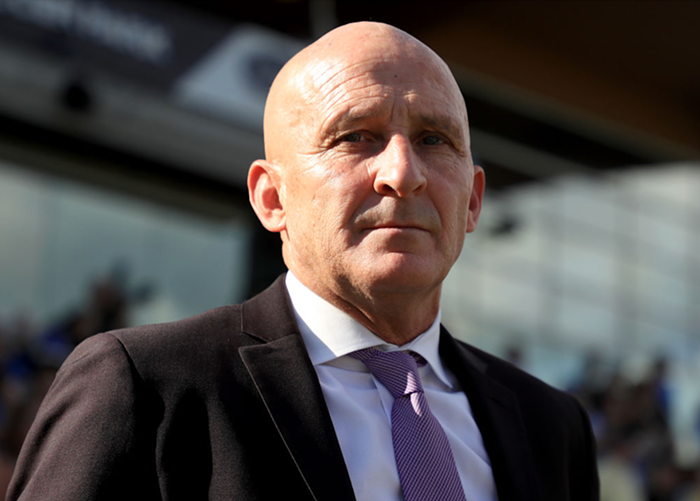This year's Juneteenth, June 19, 2022, will be a day of celebration, remembrance, and hopefully change. It is the day our fair city of Portland will simultaneously commemorate the 53rd anniversary of the Stonewall riots (arguably the birth of the modern gay rights movement) and the 157th anniversary of Juneteenth: the day Black Americans celebrate the official end of US slavery—two and a half years after Lincoln's Emancipation Proclamation. At first glance, the overlapping dates of Portland's Pride Parade and Juneteenth might strike some as peculiar, inconvenient, inappropriate, and perhaps even offensive. However, a deeper look reveals a fundamental overlap of all liberation narratives and humanity’s continued struggle against oppression. Long before Black, transgender activist Marsha P. Johnson threw anything at Stonewall, former slave William Dorsey Swann was crowned America’s first ever Queen of Drag. Since then, the Black Queer community has remained at the forefront of cultural advance, from Audre Lorde and James Baldwin to Alvin Ailey and Stormé DeLarverie. What better way to illustrate the relationship between these two historic events than with an event to celebrate the intersection of Black and queer identity? And who better to produce such an event than two local legends who both reside at that very intersection? In February, Henry Felton (Kimber K. Shade, of the House of Shade) and Isaiah Equire (one half of local production power duo iZohnny and the team behind Boyerism) created an event where attendees can celebrate both queerness and Blackness, as their whole selves. To my eyes, the first two iterations of Blackout—Sunday June 19 will be the third—were the largest gatherings of gender-expansive Black people I had personally seen or been a part of in nearly twenty years of living and performing in Portland.
Even dressed in street clothes, sipping warm beverages in a tiny North Portland coffeehouse, Felton and Esquire make their regal presence felt. It’s in their combined confidence and undeniable clarity of purpose—not to mention Esquire's "seven feet tall in heels" stature. Esquire (they/them) has lived in Portland for their entire life and over the last 26 years they have made an indelible mark in the overlapping disciplines of dance, burlesque, and drag. Arriving via Idaho in 2006, New Jersey-born Henry Felton (all pronouns) wasted little time establishing themself as a force to be reckoned with, respected, and relied upon for her creative insights, since her drag debut in 2010. “That was at a time when toxic masculinity was at the height of its reign," Felton says. "Femboys, trans—all of that—were the second-class citizens of the gay community. For the first four years of living here, I was inspired by the art that I saw—observing, loving, and seeing. But when it came to be my turn, it was about what I didn’t see. There were very few Black queens in the entertainment mainstream of Portland. That's not saying that they didn't exist, just that when you went out you could count the number of Black queens on one hand.” “We got a lot more 'no's,” Esquire recalls. Felton cites her 2016 coronation as Sweetheart of Portland—a charitable competition benefitting LGBTQIA causes since 1989—as a turning point in her career. “That’s when I really realized that people were paying attention." Felton says. "Not only [were they] paying attention, but they loved it when I brought something new or shone light on something they weren’t previously paying attention to. Blackout is the culmination of all those times that were so hard." “The moment you’re being celebrated for something that was held against you is a profound moment,” Esquire adds. “We used to have hip hop nights in Portland’s queer spaces, but even at hip hop nights, it still had to be 'white enough.' [Blackout] is a Black-centered BIPOC, queer-inclusive hip hop party, and there isn't anything like it.” “When I see pictures and videos from other people’s events, I literally go through and count every Black person," Felton says. "At one recent major event, there were eight." He notes that he was the eighth. “At the first Blackout that we did, we had a great turnout. Hundreds of people wrapped around the block until 1:30 in the morning." Esquire says with pride. "[It was] the biggest night that venue had had since before the pandemic.” Blackout programs Black performers for its stage, Black DJs to spin, Black-owned beverage companies on the night's menu, and culturally competent security to check IDs at the door. “What makes the Blackout different is the authenticity. From the moment you enter into this space, it is a sacred space," Felton says. "We have always been at the forefront, but now we are more visibly at the forefront of leading the charge within the community, holding everyone accountable, and saying whether a space is safe or not.”
Kimber K. Shade hosts Blackout, starring Mo Heart and featuring Maxi Glamour at Bossa Nova Ballroom, 722 E Burnside, Sun June 19, 8 pm, $25-50, tickets here














